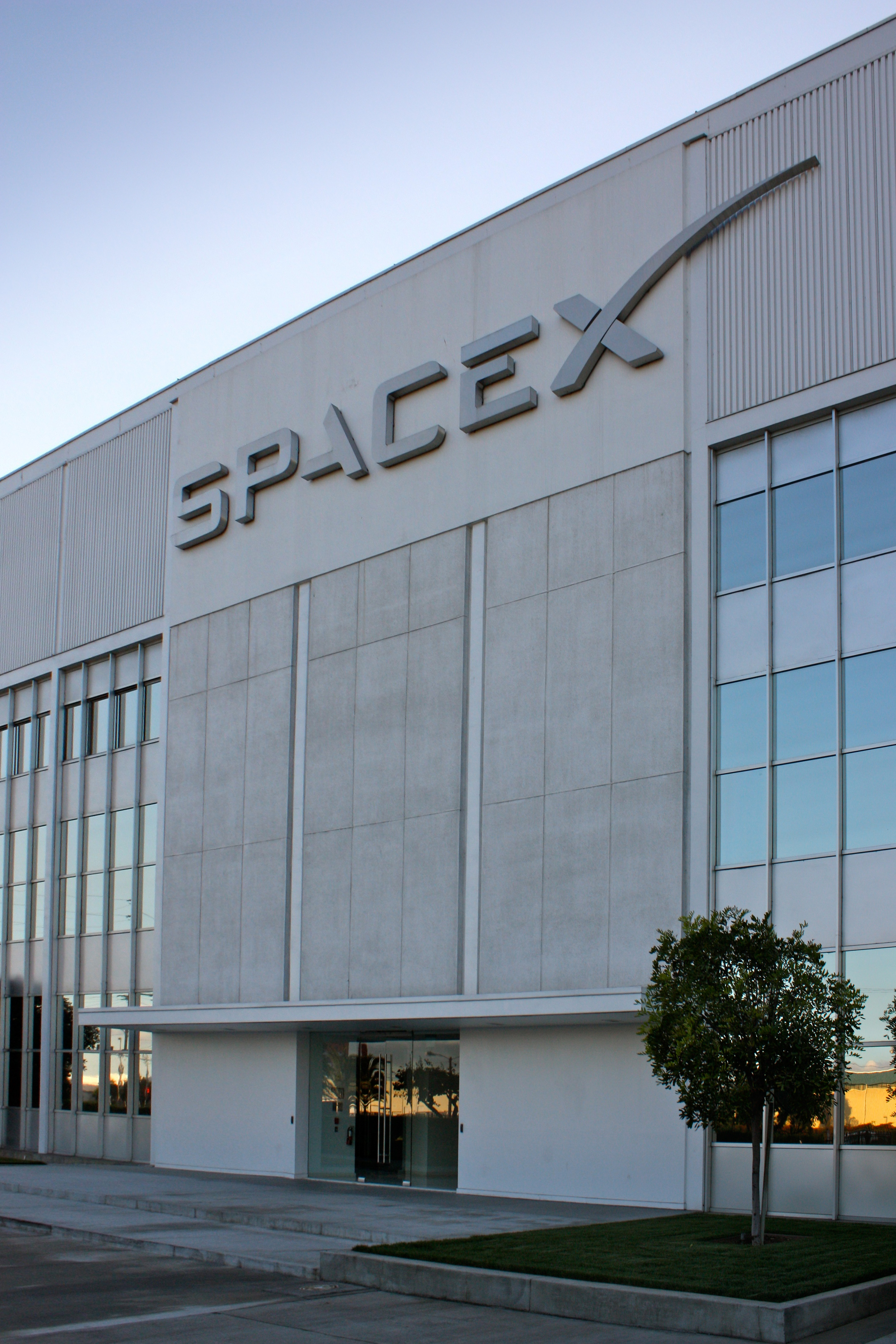Science News Roundup: SpaceX rocket carries multinational crew toward space station; Archaeologists find well-preserved 500-year-old spices on Baltic shipwreck and more
Following is a summary of current science news briefs. SpaceX rocket carries multinational crew toward space station Two U.S. astronauts, a Russian cosmonaut and a United Arab Emirates astronaut were safely on their way to the International Space Station (ISS) on Thursday, as their SpaceX ship neared a planned rendezvous with the orbiting laboratory, NASA said.

Following is a summary of current science news briefs.
SpaceX rocket carries multinational crew toward space station
Two U.S. astronauts, a Russian cosmonaut and a United Arab Emirates astronaut were safely on their way to the International Space Station (ISS) on Thursday, as their SpaceX ship neared a planned rendezvous with the orbiting laboratory, NASA said. The autonomously flying SpaceX Crew Dragon capsule was due to reach the space station and dock to the platform shortly after 1:15 a.m. EST (0615 GMT) on Friday, nearly 25 hours after launching from NASA's Kennedy Space Center in Cape Canaveral, Florida.
Archaeologists find well-preserved 500-year-old spices on Baltic shipwreck
Archaeologists say they have uncovered a "unique" cache of well-preserved spices, from strands of saffron to peppercorns and ginger, on the wreck of a royal ship that sunk off Sweden's Baltic coast more than 500 years ago. The wreck of the Gribshund, owned by King Hans of Denmark and Norway, has lain off the coast off Ronneby since 1495 when it is thought to have caught fire and sank as the monarch attended a political meeting ashore in Sweden.
Brazil approves GMO wheat as food supply fears help convince skeptics
Brazil has approved the cultivation and sale of drought-tolerant genetically modified wheat, a major boost for the once taboo crop as global food supply fears and regional dry weather burnishes the lure of GMO. The approval, which biosecurity agency CTNbio posted, makes Brazil the second nation after Argentina to approve Bioceres' HB4 wheat strain for cultivation. Other markets have approved it for consumption.
China gears up to compete with SpaceX's Starlink this year
China's military-industrial complex is set to start building its first constellation of very low-Earth orbit (LEO) satellites later this year, the latest Chinese bid to catch up with U.S.-based Starlink. Starlink, operated by billionaire Elon Musk's Space X, has built a fast-growing network of more than 3,500 satellites in low-Earth orbit. It has tens of thousands of users in the United States so far, and plans to add tens of thousands more satellites to its system, the largest of its kind.
SpaceX capsule delivers latest four-member crew to International Space Station
A SpaceX Crew Dragon capsule arrived safely at the International Space Station (ISS) after a brief delay early on Friday, carrying two U.S. astronauts, a Russian cosmonaut and a United Arab Emirates astronaut on a six-month science mission. The autonomously flying spacecraft dubbed Endeavour docked with the space station shortly after 1:40 a.m. EST (0640 GMT) on Friday, about 25 hours after launching from NASA's Kennedy Space Center in Cape Canaveral, Florida.
Arianespace says faulty carbon component to blame for failed satellite launch
Arianespace's failed satellite launch in December was likely to have been caused by a faulty carbon component, which Italian aerospace group Avio had purchased from a supplier in Ukraine, the company said, as it published findings of an enquiry on Friday. An Arianespace mission on Dec. 20 carrying two Airbus Defence & Space satellites failed around two and a half minutes into flight when an anomaly occurred with its Zefiro 40 rocket motor.
As space junk threat grows, government and investors seek solutions
A growing swarm of debris in space has led the U.S. government to attempt to set new space hygiene norms, while private companies are also investing in ways to tackle the messy orbital environment. Thousands of commercial satellites are being launched into Earth's orbit at a record pace, driving up the risk of collisions that could spawn swarms of hazardous debris. And with no set norms for military space behavior, some fear a potential space weapon attack that could generate far more debris.
For toothed whales, sound production is all in the nose
Dolphins, porpoises, killer whales, sperm whales and other toothed whales produce an array of sounds - to find prey employing a sonar-like system called echolocation and to communicate with other members of their species. The exact mechanism they use had long remained puzzling - until now. It turns out it is all in the nose.
Japan reschedules H3 rocket launch to March 6, after Feb. 17 abort
Japan's space agency said it plans to launch what would be its first new medium-lift rocket in three decades on March 6, more than two weeks after the initially scheduled launch was aborted. The final decision will be made taking into account weather conditions, the Japan Aerospace Exploration Agency (JAXA) said on Friday.
(With inputs from agencies.)
ALSO READ
Elon Musk's Political Gambit: The Influence of Wealth in American Democracy
Elon Musk's Controversial $1 Million Giveaway Faces Court Challenge
Elon Musk's Meme-Fueled Reaction to US Election: A Social Media Spectacle
Elon Musk's Political Tides and Wall Street's $13 Billion Dilemma
Dogecoin Rockets Amidst Trump's Crypto Embrace and Elon Musk's Support










